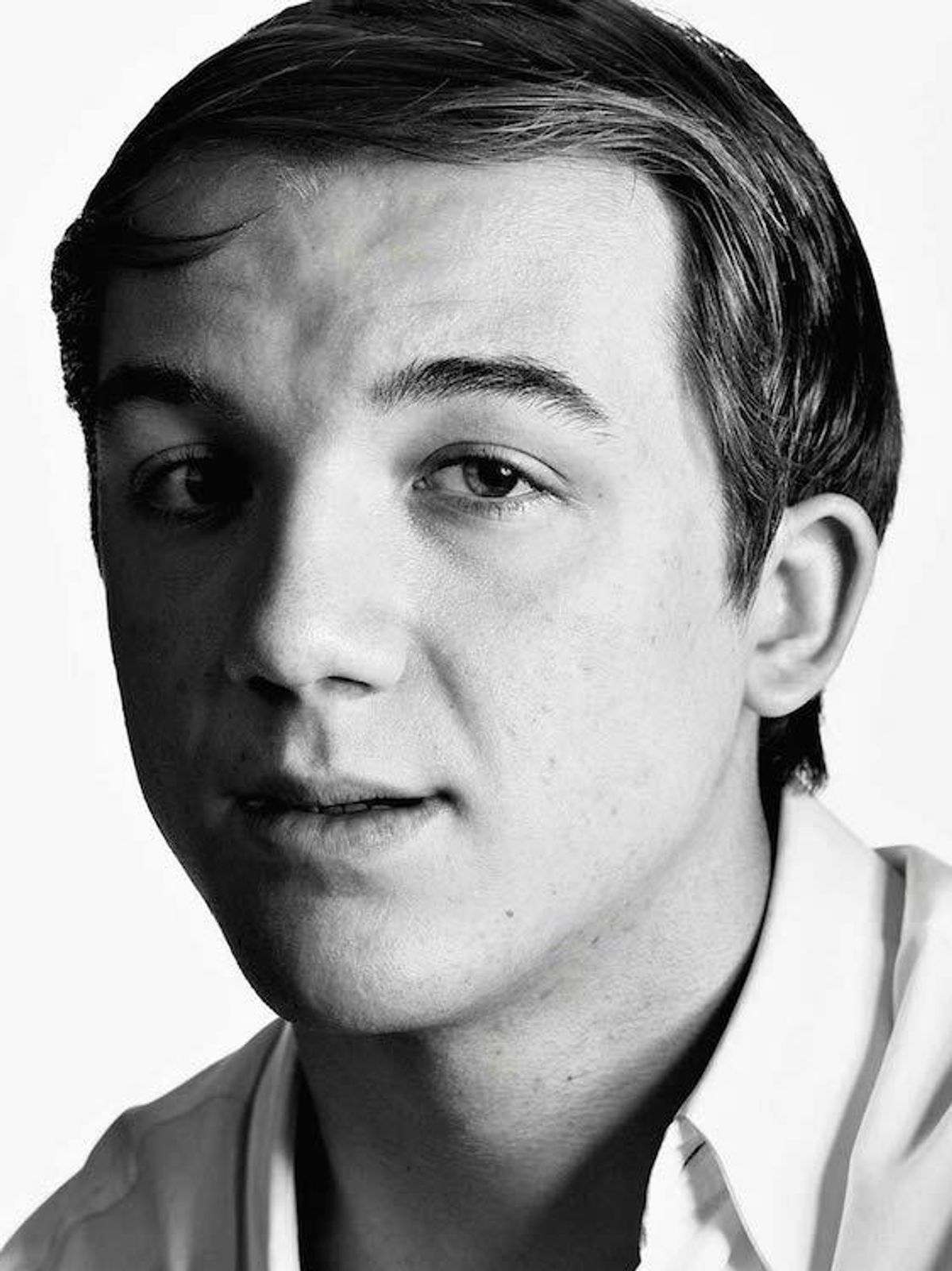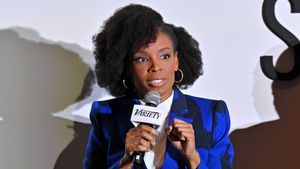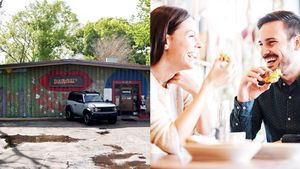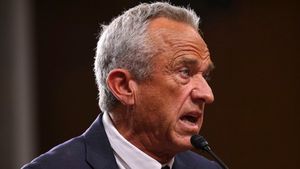Document Journal recently published an interview guaranteed to make you feel a wee bit bad about your life: Adora Svitak and Jack Andraka, two teenaged prodigies, talk about life, growing up, and basically the fact that they're not even old enough to drink but have already accomplished more now than many people will in their entire lives.
Svitak, a published author and advocate chatted with 2013 OUT100 honoree Andraka, who famously developed a speedy and cheap method to detect the pancreatic, ovarian, and lung cancers in their early stages. Both are 18 years old. It was an enlightening and revealing interview, so here are five things we learned about the young science prodigy.
1. He's not one-and-done when it comes to scientific discovery.
"Do you ever worry about being a one-hit-wonder?" Adora asks Andraka in their conversation. A valid question for someone who achieved success at such an early age. Good news for humanity: he's not.
"I think, 'Will I escape my pancreatic cancer test?' Since then I've done other research," says Jack. "My new projects are so much cooler!"
That new research? Nanorobots.
"Nanorobots: super-small robots I program with DNA that go into your body to figure out how to treat your cancer. They can combine different drug therapies at different dosages to personalize treatment. I programmed an artificial neural network, so they learn as they go and evolve with your cancer. I was also thinking about inserting genes into your cells to fill their genetic work: I can make your cells glow green so a surgeon can see them; or knock down resistance so they're more susceptible to certain treatments--I can program them to do anything I want. There are so many things other than just pancreatic cancer!"
2. Jack's still better at some subjects than others.
"I don't know what a preposition is, and I'm pretty rusty on how to use a comma. Things you understand! I write and pepper my writing with a lot of commas. 'It kind of looks good here.' Also I'm still confused about the vast majority of U.S. history."
3. Like any gay kid, he had issues with identity.
"It's also really interesting being a minority in science. Outwardly I'm a straight white male--well, not straight, that's one thing I'm not! I'm a white male in science. At the same time, I'm a member of the LGBT community. It was disheartening when I started, as science is dominated by heterosexual giants. You never see a gay scientist. I would go to science fairs, and there wouldn't be a single openly gay person. I thought maybe I wasn't allowed to be in science. Oftentimes, in the gay community, we are informed to be a stereotype: an interior designer, a fashion designer; gay people need to have a good fashion sense and go to the gym often. I do not fall back on stereotypes like that...
"I really had to wrestle with my identity. To balance my gayness with being a scientist. I was 'a scientist first, then gay second.' But now I'm 'gay first, and scientist second.' "
4. He'll be a Cardinal.
Andraka's off to one of the world's finest institutions of higher learning: Stanford. No safety school for him.
5. He's not that much better than you.
"It's my guilty pleasure watching Keeping Up with the Kardashians! I get my fill of drama watching these reality TV shows...You watch and think, "Oh my god, how is this a thing?" It's strangely addictive and so entertaining. I've downloaded her app. I got to A-list status. It is really fun!"
Read the full interview at Document Journal here.




















































































